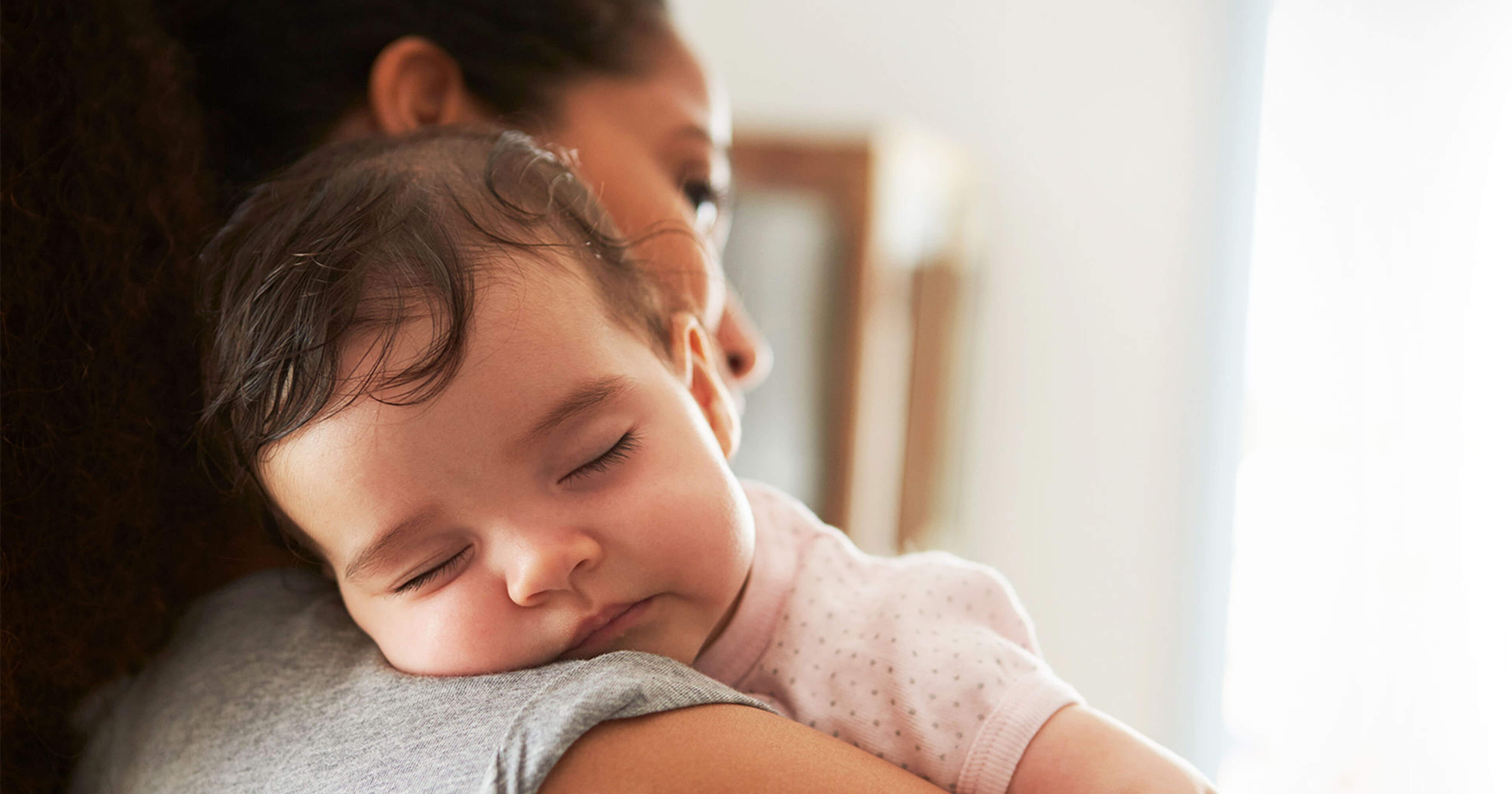If your baby is premature or has a chronic lung disease or another condition such as sleep apnea you may have to monitor your baby s breathing at least for a while. An adult meanwhile takes about 12 to 20 breaths per minute.
 Baby Breathing Patterns When To Worry When To Relax
Baby Breathing Patterns When To Worry When To Relax
Pneumonia causes fast labored breathing occasionally cyanosis a.

Baby breathing fast while sleeping. While it is true that infants do breathe faster than adults or even young children if the baby is steadily taking more than 60 breaths per minute it could be a sign of pneumonia. It s normal for a child to stop breathing for 5 or 10 seconds then pick back up again on his own. But if it goes longer than 10 seconds or he starts to turn blue call 911.
That looks pretty fast if you re watching them. But even if your baby doesn t have a medical problem you may worry that he could develop one such as sudden infant death syndrome sids. He may pause his breathing for up to five seconds or even longer then start up again with deepening breaths.
Your newborn breathes in cycles with breaths getting progressively faster and deeper then slower and shallower. This can slow down to 20 times per minute while they sleep. Fluid in the smallest airways the alveoli causes pneumonia an infection due to a virus or bacteria.
Rapid breathing in infants is often considered taking more than 60 breaths per minute regularly. Breathing may slow down to 20 breaths per minute while newborns sleep. If your baby s breathing while sleeping still seems off it s worth monitoring.
This is called periodic breathing. Hello motherhood has alot to offer. When our breathing is heavy deep and or fast during sleep we lack two crucial chemicals in the brain.
If your baby persistently breathes more than 60 times per minute his pediatrician may diagnose him with tachypnea. Hypocapnia also causes reduced brain perfusion and lowered brain oxygen levels. Carbon dioxide and oxygen.
What is normal breathing for a baby at night. At 6 months babies breathe about 25 to 40 times per minute. Brief episodes of tachypnea are normal and ultimately harmless for most newborns.
On average newborns younger than 6 months take about 40 breaths per minute. According to the national institutes of health a newborn typically takes 40 to 60 breaths per minute. Some babies particularly preterm or underweight babies may have some form of sleep apnea.
Cerebral hypocapnia lack of co2 in the brain makes the nerve cells overexcited. Hyperventilation is breathing more than the medical norm. As much as 84 percent of babies weighing less than 2 2 pounds have sleep apnea and about 25 percent of babies weighing less than 5 percent have sleep apnea.